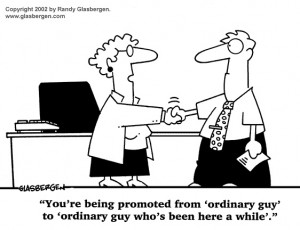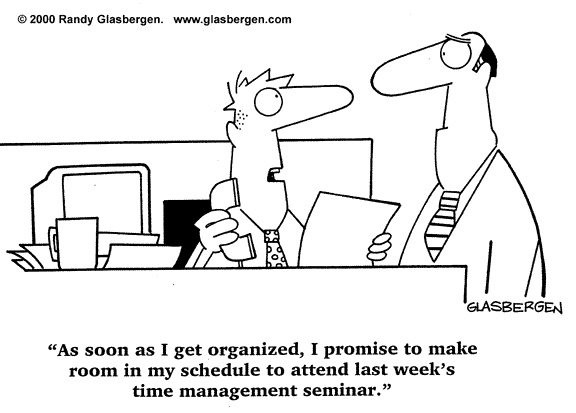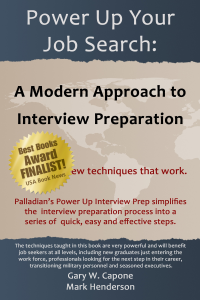For almost every career, there are numerous candidates available for each position. Only one will get hired for each job, though. When five, ten or more people, with similar backgrounds apply for a job, there are a number of factors that affect who gets the offer.
The factors most job seekers consider as important for a company to make a hiring decision include education, work experience and technical skills. These are all important. In fact, these are the criteria used to select candidates for interviews. In the interviews, though, it takes more than just these.
 In every career, there are elements that differentiate ordinary from exceptional. We have all seen this in school, sports, work and almost every aspect of life. There are people we know that, for a given activity, are exceptional and others that aren’t. A hiring manager looks for the person that is likely to be an exceptional performer in a specific role.
In every career, there are elements that differentiate ordinary from exceptional. We have all seen this in school, sports, work and almost every aspect of life. There are people we know that, for a given activity, are exceptional and others that aren’t. A hiring manager looks for the person that is likely to be an exceptional performer in a specific role.
It’s easy to find people that can do a poor job, and not difficult to find people that will be ordinary or mediocre performers. Identifying and attracting exceptional performers is challenge. There are two reasons for this. First, only a small percentage of candidates are truly exceptional in a specific role. That’s what it means to be exceptional. Second, many job seekers don’t understand how to demonstrate that they are exceptional. They focus on showing they are qualified, but nothing more.
You need to develop a way of communicating how you are exceptional. This starts by recognizing your strengths and weaknesses, and how you utilize these to succeed. Then, develop a variety to examples from your experience demonstrating how you have been successful. If you do this, you will improve your chances of getting an offer dramatically.
Some individuals do not feel they are exceptional, or worse, feel that they are failures. This is more common with people shortly after losing a job. They internalize the job loss as a personal failure more significant than anything else they have done. This will significantly hinder your job search.
If you do not consider yourself exceptional in a role, there are two possible reasons. First, you could be right and need additional training or experience to move into a new more demanding role or to change careers. Second, you may not be able see the aspects of your career that make you exceptional.
In both cases, there are things you can do to improve your marketability. If you require additional training and experience, get it. This can take time to complete, but is worth the effort to move you forward in your chosen career. If you are exceptional but have trouble communicating this, get some help.







